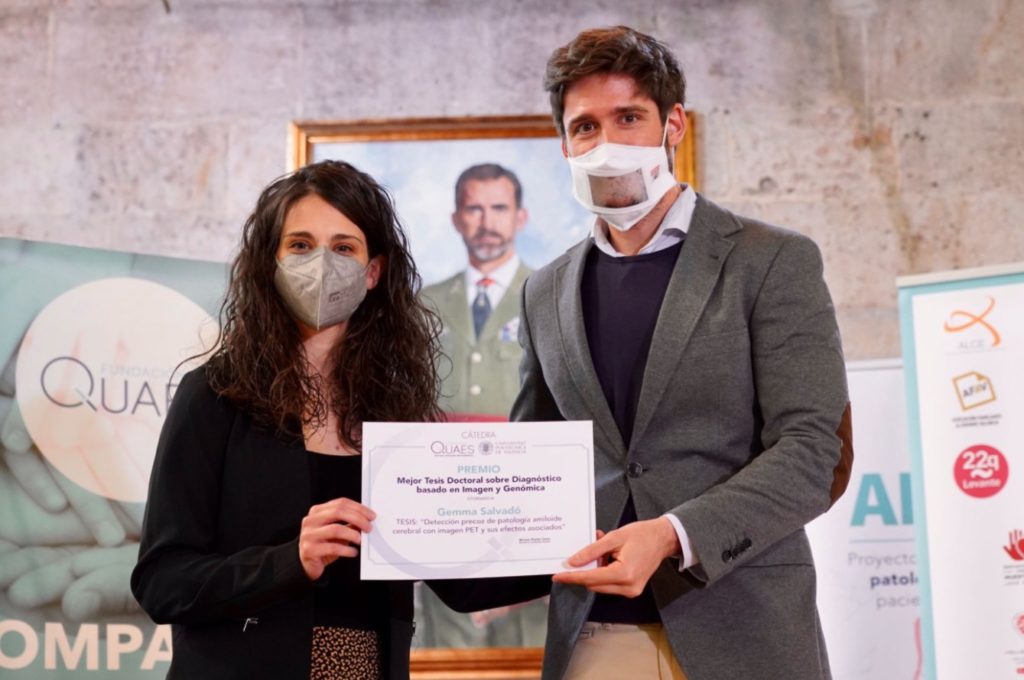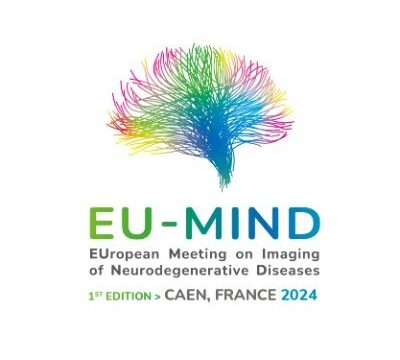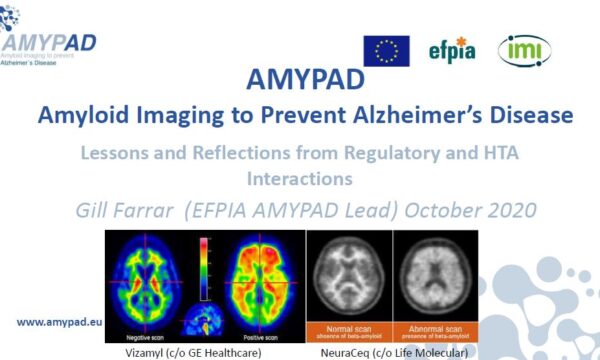Dr. Gemma Salvadó has received a national award for the best PhD thesis on Diagnostic Imaging and Genomics from the QUAES Foundation. The QUAES Foundation is a non-profit organisation whose basic purpose is research and dissemination of knowledge in the field of precision medical diagnoses, with the aim of putting its findings at the service of the medical society and the citizens. Since 2021, the QUAES Foundation Chair at the Polytechnic University of Valencia gives national award for the best thesis that integrates the diagnostic fields of imaging and genomics.
Gemma defended her thesis entitled “’Detection of early cerebral amyloid-ß deposition by PET imaging and its downstream effects” in July 2021. Her thesis focused on two main points relating to the study of the preclinical stage of Alzheimer’s disease. In the first instance, she focused on the early detection of amyloid-β, which is one of the first to accumulate in the brain in Alzheimer’s disease. In the second part of her thesis, Gemma investigated other possible mechanisms that are triggered in relation to this early amyloid-β accumulation.
Gemma joined the BarcelonaBeta Brain Research Center (BBRC) in 2017 as a predoctoral researcher, where she has collaborated until 2021. She is currently pursuing her career at the Lund University in Sweden, where she continues to work on Alzheimer’s disease research.
Congratulations Gemma! Well-deserved!
What does it mean to you to have received this award?
Gemma: It is an honor to receive this recognition, for me, but also for all the people I have worked with over the years and who have helped me get here. Especially, I think it is also a recognition of the work done by my thesis directors, Dr. Juan Domingo Gispert and Dr. José Luis Molinuevo, for having guided me all this time. I can only say that I am very grateful to them and to all the BBRC researchers for all these years. The prize is only the confirmation of a job well done by all parties.
What have been some of your major research findings?
Gemma: The focus of my PhD thesis has been the earliest stages of Alzheimer’s continuum. I think that in this specific part of the field, I have shown two major things: 1) we can measure very early amyloid-β accumulation in the brain using amyloid-β PET imaging and; 2) there are many other biological alterations in the brain, a part of amyloid-β accumulation, even at these early stages. These two results go in favour of the current way of thinking that an early diagnostic and treatment may be key for being able to stop or, at least, delay the course of Alzheimer’s disease.
What has been your experience as a young researcher of working on a large collaborative research project like AMYPAD?
Gemma: It has been an amazing experience. Being part of AMYPAD has allowed me to be in direct contact with top researchers from other groups and countries, which helped me growing as a scientist myself by learning different ways of thinking and doing things. Collaborating with other groups makes you put an extra effort, which is afterwards observed in the results of our scientific work. Another thing that I enjoyed a lot is that AMYPAD has many young researchers. This allowed me to share experiences and thoughts and, I made new scientific collaborations and friends that I hope will go beyond this project.
—
Follow us on Twitter: @IMI_AMYPAD
Receive the latest news. Click here to subscribe!



